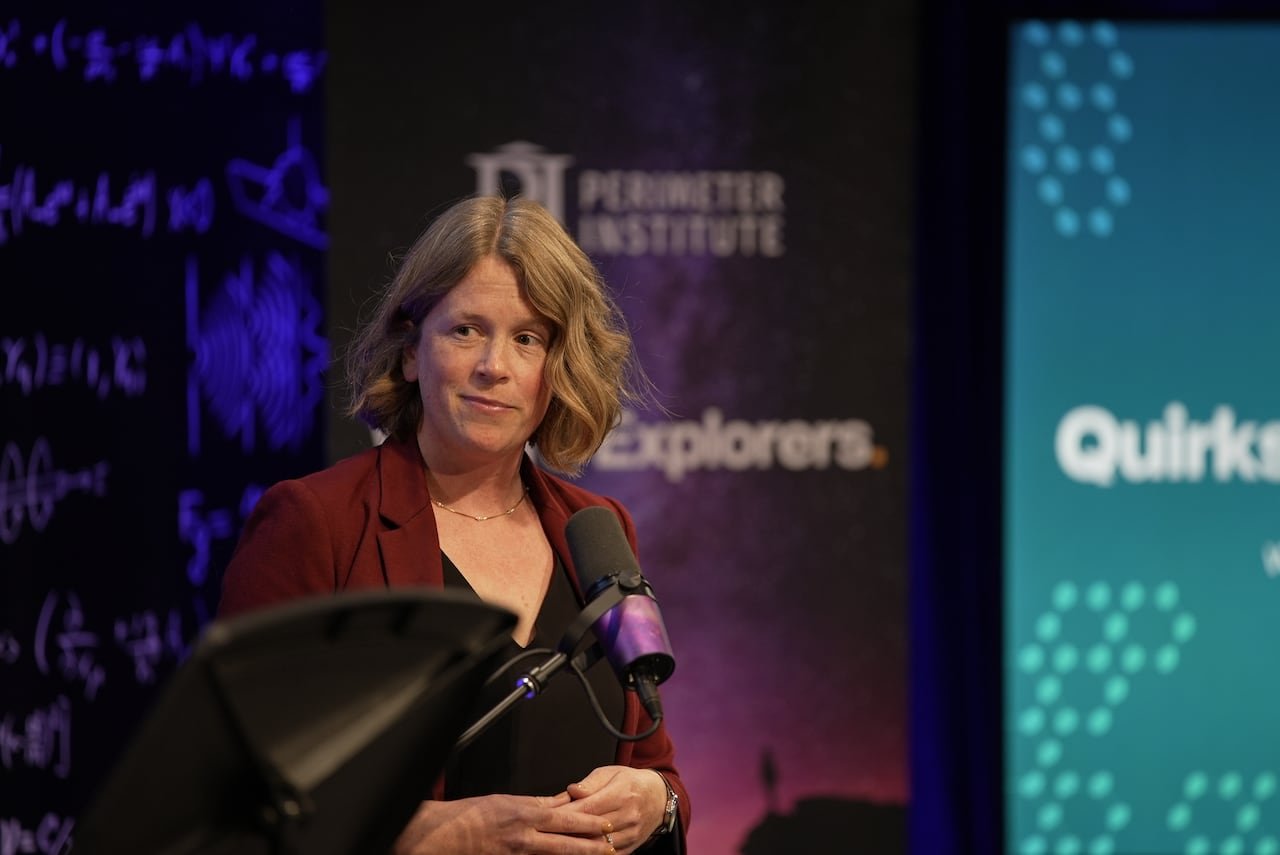
The past five decades have witnessed remarkable transformations driven by scientific breakthroughs once deemed unimaginable.
The emergence of the internet, the unraveling of the human genome, and the rapid progress in artificial intelligence have fundamentally altered our comprehension of the cosmos.
Looking ahead, to commemorate the 50th anniversary of Quirks & Quarks, CBC Radio’s science program, host Bob McDonald engaged in discussions with six prominent Canadian scientists in a live event at the Perimeter Institute for Theoretical Physics in Waterloo, Ontario.
Their task was to envision the potential scientific frontiers of the next half-century, from innovative approaches in agriculture to unlocking the mysteries of the universe.
Advancements in Agricultural Practices
Ensuring global food security without exceeding the planet’s ecological limits poses a significant challenge for the upcoming generation, as highlighted by Evan Fraser, the director of the Arrell Food Institute at the University of Guelph.
With the world’s population surpassing 8 billion and projected to reach 10.3 billion by the mid-2080s, food production systems are accountable for roughly one-third of worldwide greenhouse gas emissions.

Transitioning from a narrow focus on maximizing food production per acre, the future of agriculture demands a holistic approach that prioritizes sustainability, nutrition, and climate resilience, according to Fraser.
Innovations like drone-assisted weed detection and targeted herbicide application are already revolutionizing farming practices in Canada, reducing chemical usage and safeguarding crops.
Moreover, advancements in soil management, such as utilizing microorganisms for nitrogen production and precision fermentation techniques, are enhancing efficiency and sustainability in food production.
Combatting Climate Change
Addressing climate change requires a shift from fossil fuels to renewable energy sources, as emphasized by Laura Tozer, an assistant professor of environmental studies at the University of Toronto Scarborough.
Tozer advocates for the integration of wind and solar energy into a modernized power grid to facilitate the widespread adoption of clean electricity, envisioning a future where clean energy powers both rural and urban communities across Canada.

The Genetics Revolution Continues
Yvonne Bombard, a genomics health services researcher at Unity Health St. Michael’s Hospital, underscores the transformative impact of genetic advancements, particularly in personalized medicine tailored to an individual’s genetic makeup.

